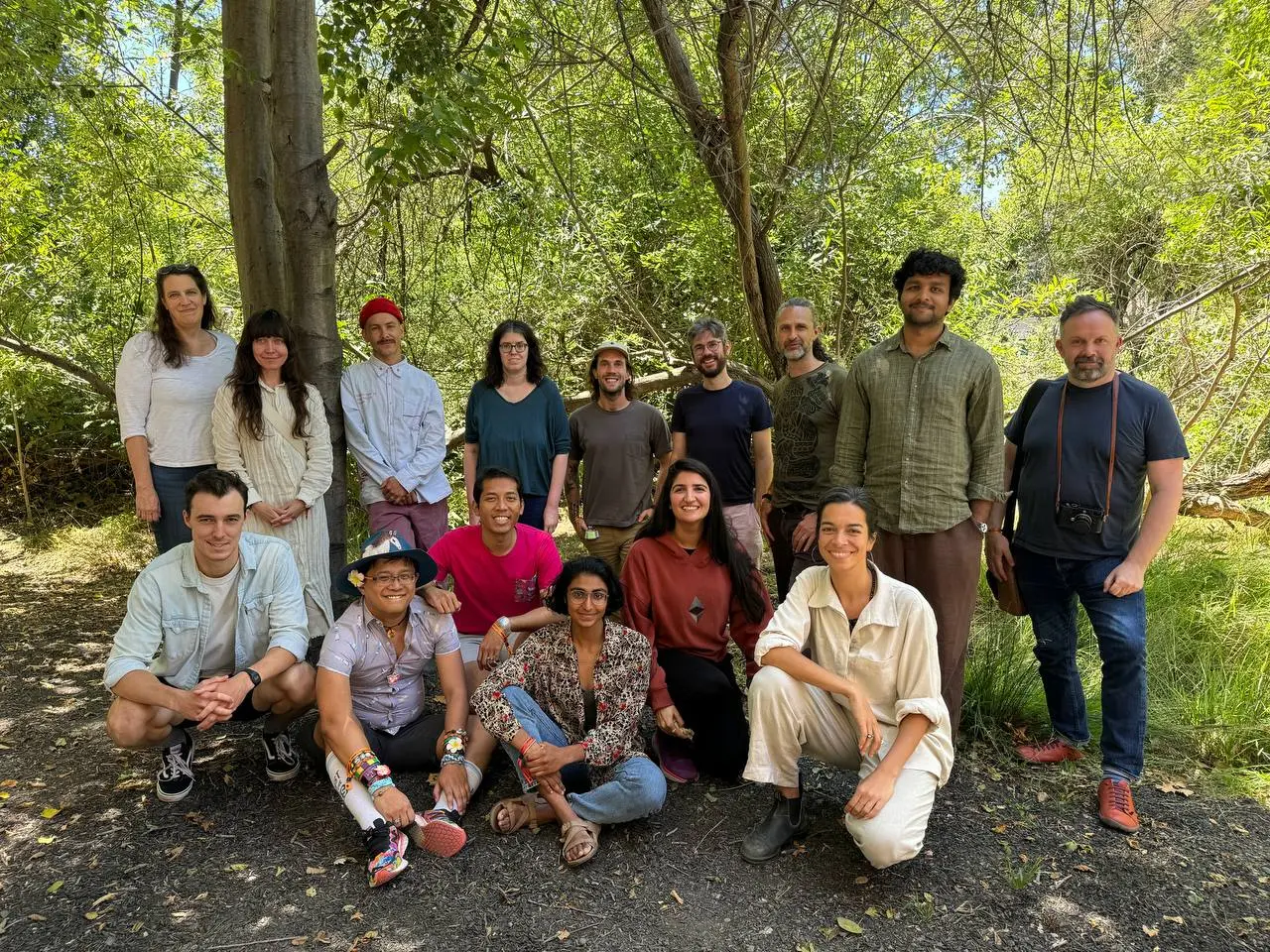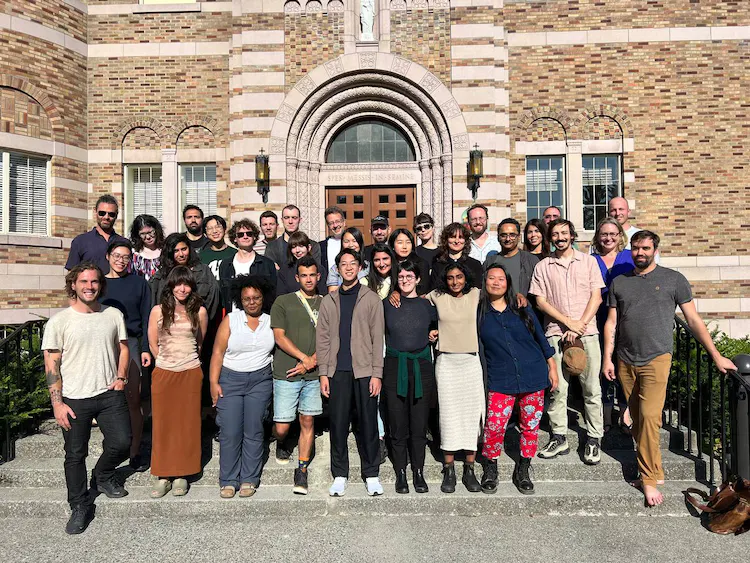The Summer of Protocols (SoP) is a seasonal research program that supports the study of protocols in and across fields. In late 2022, the Ethereum Foundation, which helps maintain the core blockchain protocol of the same name, commissioned the program in order to broaden their understanding of protocols and how to manage them. The program directors had a hunch, which would be affirmed, that there were some universal principles underlying protocols in fields as disparate as internet architecture, coal mining, and diplomacy.
Each summer, SoP directly contracts researchers, practitioners, and educators to advance the field. Since its inception, the program has strived to maintain a philosophy of open, global participation in line with the technology that it studies. The third season of programming is underway – here is the state of play to date:
- 70-odd program “alumni” across the world
- 100+ items of research and creative output
- Salient research, and ideas for everything
- 358-page proto-textbook (subset of 3” binder)
- Hundreds of people at various SoP live events
- Protocolized newsletter with 1800+ subscribers
- ~$2.5 million invested so far
- Powerful research methodologies
- Mapped out frontier of important problems
- Pidgin literacy taking shape, with grammar and vocabulary
SoP23, running from May to August of 2023, focused on setting a theoretical foundation for the field. We distributed grants to 12 core researchers and 18 affiliate researchers, who undertook independent projects and efforts to synthesize them over the summer. Participants had biweekly collaboration opportunities, weekly guest talks from prominent thinkers, and convened in Seattle for a week-long conference. The resulting collection of essays and artifacts merged into the ProtocolKit and Protocol Reader, two large volumes of basic research that explore various aspects of protocols, from engineering to evolution to phenomenology to inherent risks. In the fall of this year, it was decided to run the program for another season.
SoP24 focused on application of nascent theory and uncovering deeper patterns through rigorous case studies in the field. Six two-person teams were given grants to improve real-world protocols and share their findings, in the form of a written report as well as a recorded presentation from the inaugural Protocol Symposium in October. Participation was remote, as per our program’s focus on decentralization, and teams had the opportunity to meet in person at three separate events: one in Singapore, one in Healdsburg, California, and one in Chiang Mai, Thailand. The second track of SoP24 was round of micro-grants given primarily to artists, designers, and writers in order to seed some protocol-centric lore or literature. Promising results from both tracks led to the decision for an ambitious 2025 plan.
SoP25 comprises three tracks: curriculum development, scene-building, and technical foundations. The spotlight focus of this year is education. Eleven university professors will develop curricula, course modules, and standalone mini courses in order to precipitate broad interest in the field. They will collectively teach these modules as a week-long, online college this September and at their home institutions, in-person, during the fall and spring semesters. It’s our belief that protocols are a concept needed to manage the problems emerging from the confluence of climate change, concerns about state capacity, and artificial intelligence.
Past and Present Participants
SoP23 Core Researchers and Affiliate Researchers
SoP24 Practitioners, Researchers, and Artists
SoP25 Teachers



